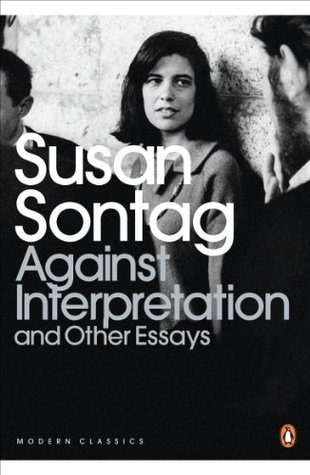they reject the idea of the “novel” whose task is to tell a story and delineate characters according to the conventions of 19th century realism, and all they abjure is summed up in the notion of “psychology.” Whether they try to transcend psychology by Heidegger’s phenomenology (a powerful influence) or undercut it by behavioristic, external description, the results are at least negatively similar, and constitute the first body of work on the form of the novel which gives promise of telling us something useful about the new forms which fiction may take.
Welcome back. Just a moment while we sign you in to your Goodreads account.


